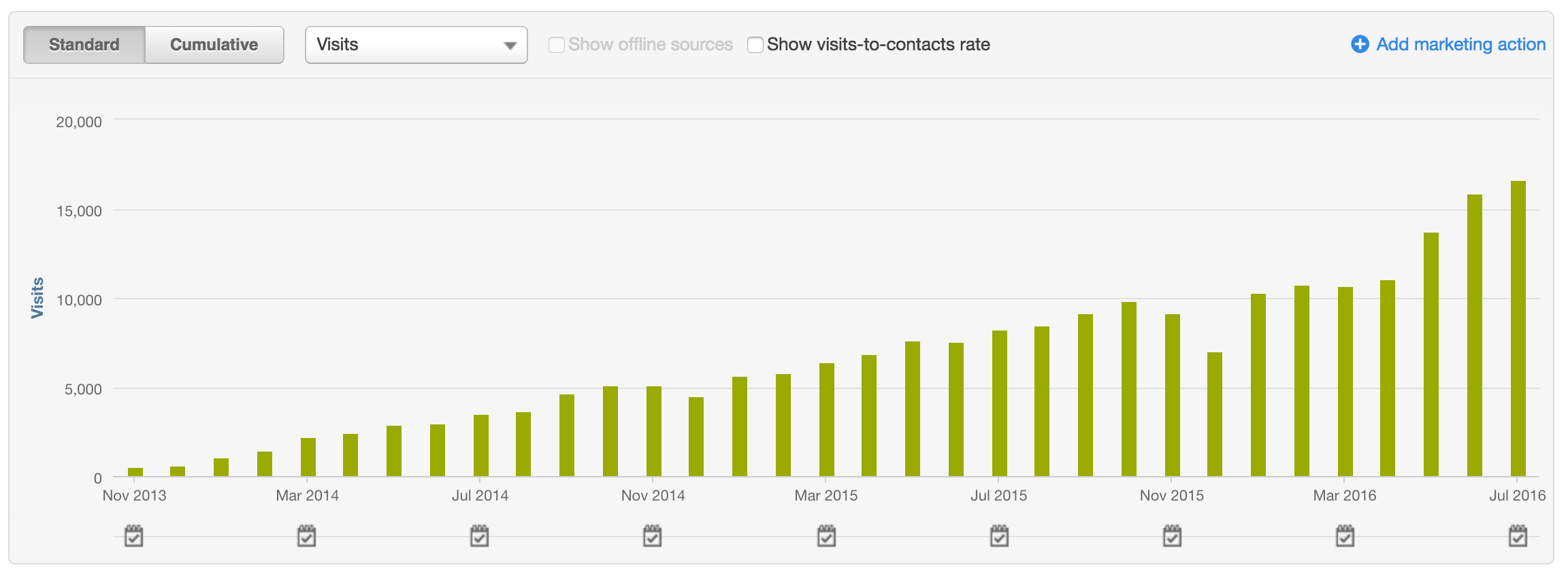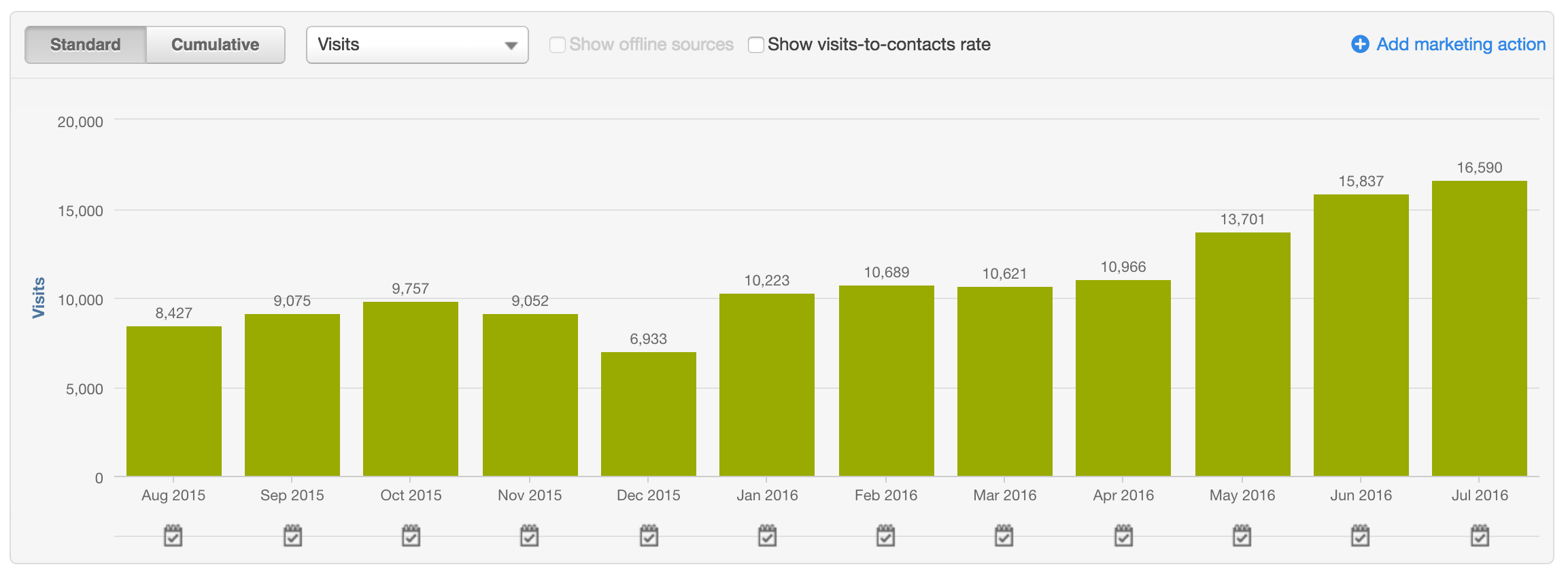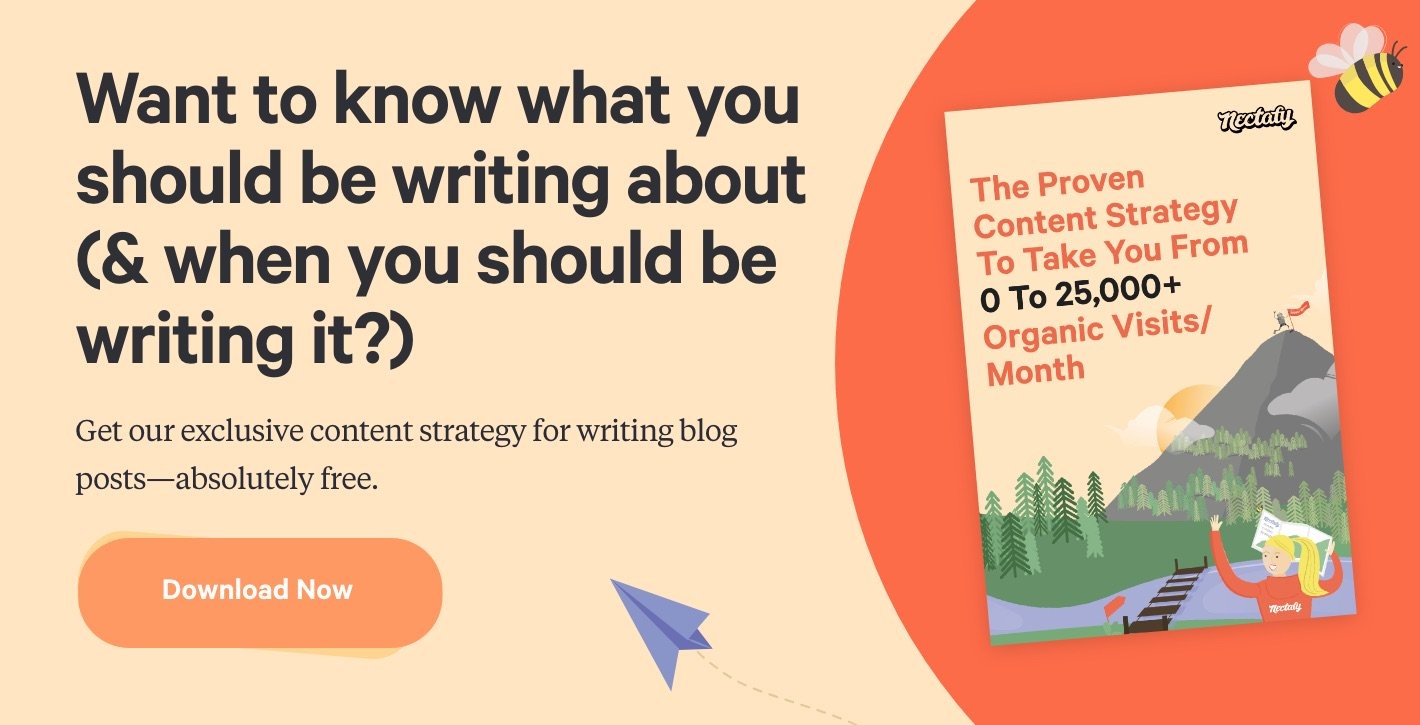PPC Vs. Organic: Where Should You Spend Your Time & Money?


In the great battle of SEO vs. PPC, who wins?
Should you spend your time and money on pay-per-click (PPC) advertising or on organic search rankings (SEO—but really, content)? Which is better? Can you use both? Should you use both?
Here’s my take: When it comes to PPC vs. organic, I’ll take organic nine times out of 10. Organic search results simply mean more to your customers. Here’s why: more than 70% of people click on the organic search results, and only 30% are likely to click on the paid links. (An Introductory Guide To PPC)
Why’s that?
As one author put it, your organic SEO is the bedrock of your online presence. A successful organic SEO strategy (one that will help you outperform and improve your Google search position) is about talking to real people. A big part of that is consistency. Continually offering focused content that actually answers your audience’s questions is the best strategy toward making sure you’re getting leads that have the potential to be customers. If you’re doing it right, that consistency will pay off in your rankings over time.
PPC advertising isn’t designed to work that way. Companies typically lean on PPC in the short term, but they set a major goal to get away from it once they’re beyond the first few years. In the short term, it can be a good strategy, but it doesn’t make sense to pay for people to visit your site in the long term.
At Nectafy, we’ve used only inbound marketing—no PPC—and seen our traffic grow 3,590%—from 440 organic visits per month in November 2013 to 16,600 organic visits in August 2016.

In the last year alone, organic visits have grown from 8,500 (August 2015) to 16,600 (July 2016)—a 95% increase.

You said you’d choose organic nine times out of 10. So, what’s the exception?
The nature of PPC advertising is immediate by design. With PPC, you’ll get a near-instant, temporary surge in leads, so PPC is valuable to you if and when you need immediacy first and foremost. Keep in mind, though, that unless you have a gigantic budget, there’s little longstanding effect—the hits stop when your money runs out.
PPC vs. organic—a look at the numbers:
PPC:
Imagine you’re the CEO of a CRM company who’s interested in the keywords “Top CRM solutions” at an average bid of $14.55. Keep in mind that a “good” click-through rate for PPC ads is about 2%. If your ad gets 1000 searches, and 2% of those searchers click through at $14.55/click, you’re spending $291 for those 20 clicks.
Organic:
Because you’re a scrupulous CEO, you’re going to see how the cost of PPC compares to organic search. You have content that’s positioning you at fifth for the same keyword, which gets you 6% of clicks. That means, out of the first 1000 searchers, you’re getting 60 clicks for free, and you’re continuing to bring in visitors at no cost.
With organic search, cost happens up front; it requires time and SEO expertise to create a page that ranks, but once it does, visits are free. There’s no ongoing cost per click.
How To Replace Paid Traffic (PPC) With Free Traffic (Organic Search Results)
As I mentioned previously, with PPC, your visits stop when you stop paying. PPC requires a budget not only for purchasing through Google, but also for management by an agency or an employee. PPC is all about optimization, testing, and keeping a close eye on conversion rates and ROI. (So if you have a marketing person on staff who focuses on conversion, you might be able to turn PPC into a profitable way to acquire customers.)
With organic, your focus is primarily on creating great content. You invest in an agency or employee to create content, but you don’t have to spend any additional budget to pay for clicks.
Here’s a simple game plan for replacing your PPC traffic with free traffic.
- Optimize PPC keywords. Review the list of keywords you currently bid on, and throw out the ones that are too expensive or aren’t bringing in leads. This new list will be what you work from moving forward.
- Use both PPC and organic methods for your remaining keywords.
- Keep investing in PPC for the keywords that are performing.
- Write a long-form article for each keyword. In addition to PPC, write a 2,000-word article for each keyword. Google likes long-form articles, so this will help your SEO ranking.
- Stop paying for keywords when they rank. If the keywords you’re targeting in long-form content and PPC begin to rank organically, you can end PPC—you won’t need to pay, since organic traffic will have replaced the paid traffic.
Ideally, you’ll eventually be able to replace all your paid traffic with organic traffic. So much of how quickly this happens depends on the authority of your site and how users interact with the content on your site.
For example, if you follow this game plan and have a very authoritative site, with a medium-difficulty keyword, you can probably expect to start ranking for the keyword in about a month. If you don’t have much site authority and you’re working with that same keyword, it could take you years.
A winning combination?
So, to answer my question from before, in the great battle of SEO vs. PPC, who wins? You do.
Simply put, organic and PPC are more like an odd couple than enemies. Companies can and do find success with PPC advertising when it’s used as a complement to organic SEO efforts, not as a replacement or an equal.
If you decide to invest in PPC, you’ll want to strategically implement it in addition to the work you’re already doing: creating focused, helpful content. PPC should be the short-term play, and organic should be your long-term, all-the-time play.


